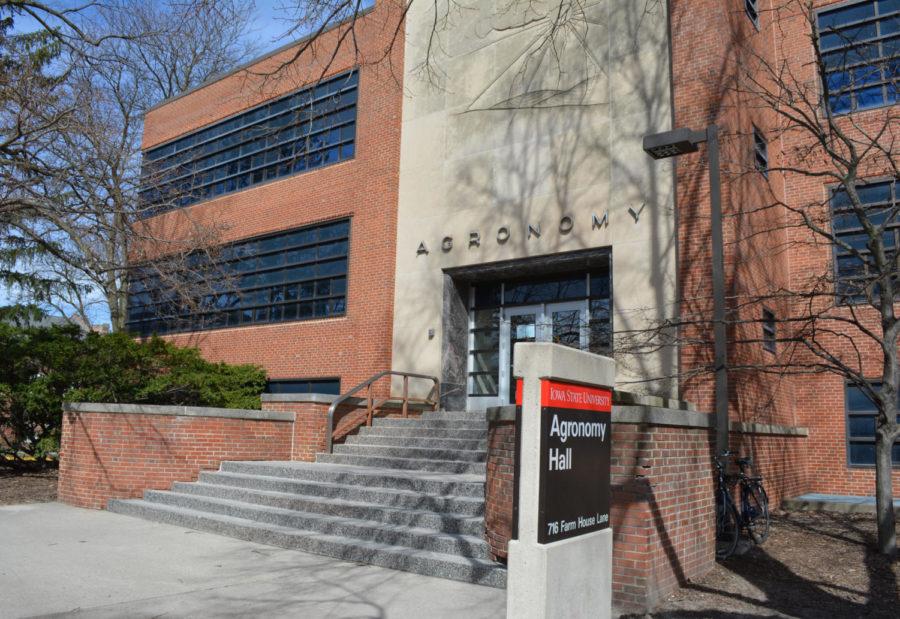Letter: More discussion between ISU Ambassadors, ISU College Republicans encouraged
March 8, 2011
In Response to “Belding: ISU Ambassadors entitled to lobbying”:
It is absolutely correct that “in lobbying a politician, the lobbyist would make some kind of claim or argument in support of or opposition to a particular proposed measure.”
However, one might consider that although the ISU Republicans took an unpopular view, they were clearly in support of the budget cuts. They were organized, they had signs, and their unity drew the positive attention of many representatives.
I joined other students in lobbying against the magnitude of proposed budget cuts to the Regents’ universities, and I had the opportunity to observe the ISU Republicans, and then engage in conversation concerning my confusion over their position. Basically, they wanted politicians to know that not all students were opposed to the budget cuts.
They thought [Iowa State] was misappropriating funds on superfluous expenses, and that through smarter spending, the university could survive on its current budget. Even though I disagree on this issue, the ISU Republicans should have had the opportunity to let other students know that another group of students was going to lobby.
I told them I wished we could have had more of a united front as a student body, rather than the semi-hostile feelings between groups, and they expressed similar chagrin that it had come to this. I spoke with Logan Pals, president of the group, and what he had wanted was an e-mail to the student body informing them of an alternative view.
I also checked out the ISU Ambassadors’ website, and was a bit surprised at the description:
“As an ISU Ambassador you will serve as a connection between Iowa State University, the state legislature, and Iowa communities in a professional, non-partisan manner. ISU Ambassadors represent and educate students about issues that are pertinent to the student experience. ISU Ambassadors is a prestigious organization of leaders with integrity and character, dedicated to creating a positive image and strong future for Iowa State University.”
I do not mean to be antagonistic, but I believe the ISU Ambassadors had a responsibility to be non-partisan, and the manner in which they attempted to censor the ISU Republicans was not non-partisan, just as Belding’s article said.
What I would have loved to see between the two groups was some real discussion, maybe in the form of a public forum. Perhaps the Ambassadors could have expressed why they felt like the students attending Regent’s Day should be unified as a positive reflection on the university, and the Republicans could have expressed what they viewed as major flaws within the current spending.
Regardless, I think this is an excellent example of how we as students should be active in educating ourselves in political matters, and using our education to participate in reasonable discussions.
















